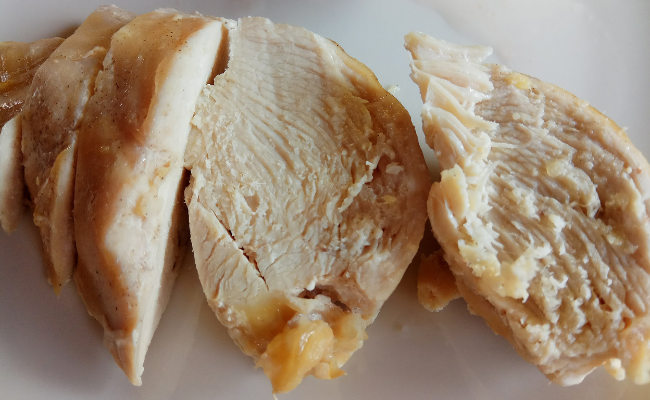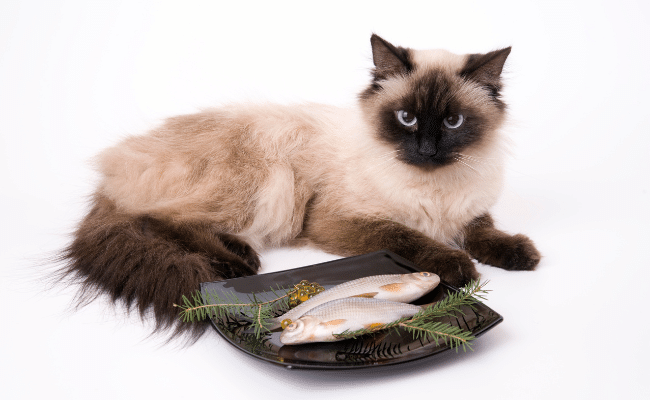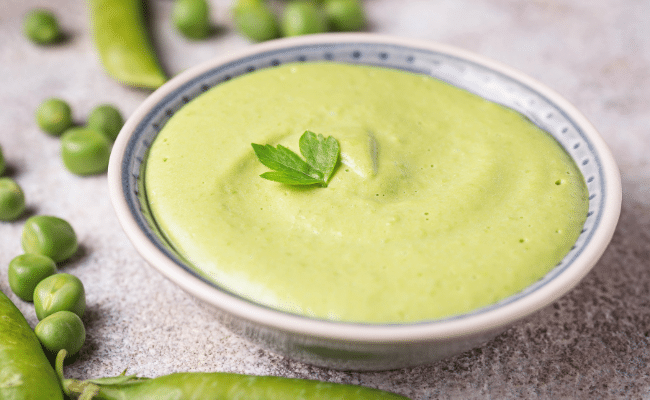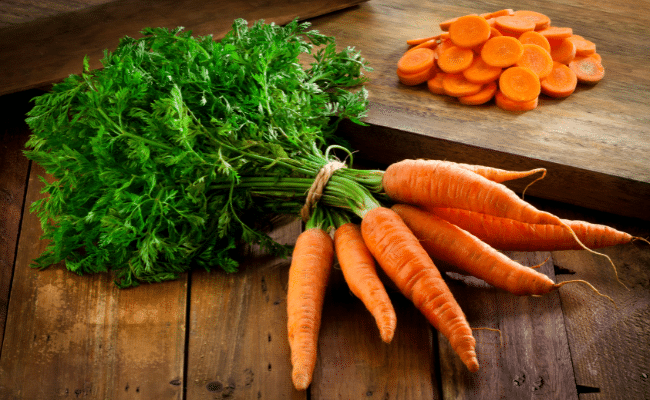Top 10 human foods that are safe for cats to eat
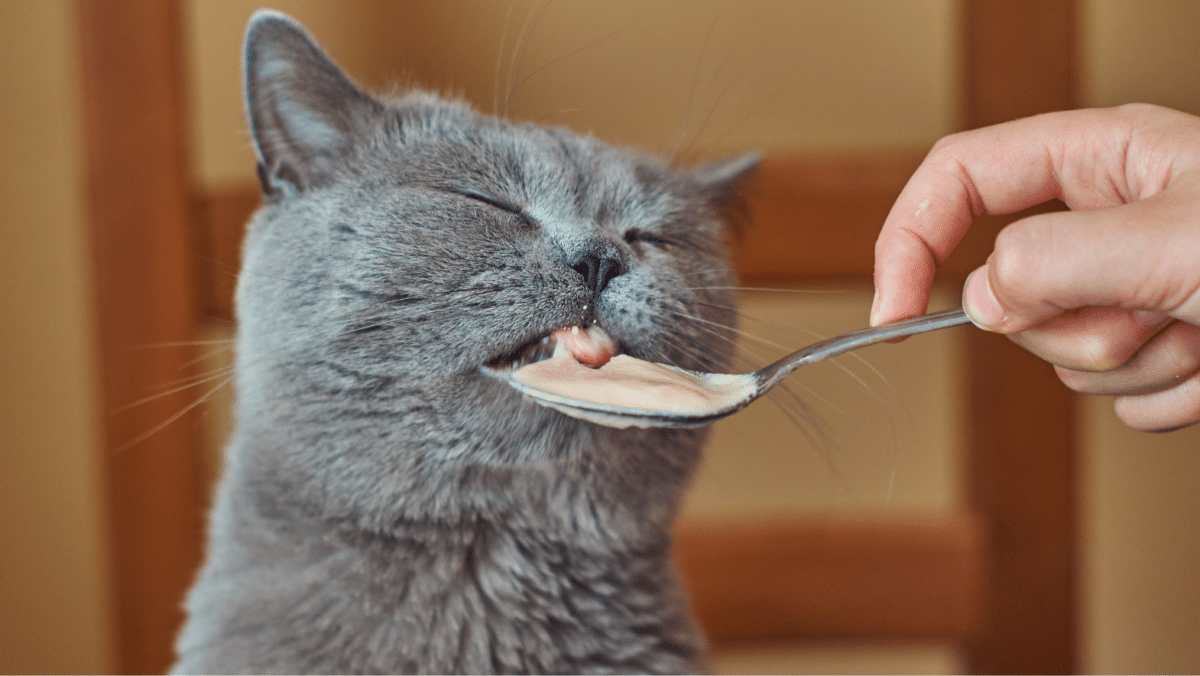
Wondering what human foods are ‘purrfectly’ safe for your cats to eat?
If you’re a pet parent, chances are there are times when you’d like to spoil your feline babies with delicious human food. But before you share food from your plate, it’s important to know which foods are feline-friendly.
In observance of Global Cat Day on Oct. 16 and as we look forward to National Cat Day on Oct. 29, we’ve rounded up 10 human foods that are safe for cats to eat.
10 human foods that are safe for your cats
Chicken or turkey
Your feline friends are obligate carnivores, which means they need meat protein to thrive. Cooked but unseasoned turkey or chicken can be a great source of protein.
“Chicken breast is a lean source of protein,” according to Medical News Today. It’s also rich in essential amino acids and other nutrients, and most cats find it delicious.
You may also like: How to Tell If Chicken Is Done
Beef
As carnivores, cats need a lot of protein from meat for a healthy heart, vision and reproductive system. Your cat can safely enjoy beef if cooked and unseasoned.
Cooked beef is a great source of protein and rich in vitamins A, B, and C, as well as minerals like iron, zinc, manganese and selenium. Beef liver is a good source of taurine, which is essential for cats.
Fish
Fish can be a good addition to a cat’s diet in moderation, as it can provide a number of health benefits. It’s a great source of protein and rich in Omega-3 fatty acids, which can support healthy skin and a shiny coat, and address problems like over-shedding and itchiness
Eggs
Eggs are a good source of protein, amino acids, vitamins, minerals and healthy fats. They also contain lutein, an antioxidant that supports eye health, and omega-3 fatty acids, which can promote a shiny coat.
Eggs should be fully cooked and served without salt or seasonings. You should never feed your cat raw eggs because they can cause foodborne illnesses like salmonella or E. coli.
NO, NO, NO. Cats are obligate carnivores. They are not like dogs (which are omnivores). Cats need to eat meat. Please do not feed your cat veggies. Just because the image looks neat and pretty does not mean it’s correct information. Not everything on Pinterest or online is right. pic.twitter.com/PtTw6MKH9Z
— Dr. Raz 🐉 Animal Mechanic (@raz_swirl) February 26, 2018
Pureed broccoli
Pureed broccoli can be a safe and healthy treat for cats in small amounts. It’s a good source of fiber, vitamin C, carotenoids and antioxidants. It can be beneficial for cats with digestive issues or constipation
Pureed green beans
If your pets are into greens, pureed green beans are the fiber fix they need. These low-calorie veggies are excellent for their digestion, providing vital nutrients like potassium and calcium.
Pureed peas
They’re small but mighty in nutrients — vitamins A, B, C and K, and iron, zinc and potassium. Some commercial cat foods include peas, especially those labeled grain-free.
Carrots
Cats can safely consume carrots as long as they are cooked and pureed or sliced into small pieces to reduce the risk of choking. Carrots are nutritious and contain fiber and many vitamins and minerals, including potassium, vitamin A and beta-carotene, which can support your cat’s eyesight and digestion.
Spinach
Spinach is rich in vitamins A, C and K, as well as iron and calcium. These nutrients help to support a cat’s immune system and promote overall good health. Just be cautious if your cat has had urinary tract conditions as spinach contains calcium oxalate.
Cheese
Cheese is a high-protein snack that’s safe for your cat to eat in small amounts. But the protein in cheese is less complete than the kind in meat, fish and eggs. Also, many cats are lactose intolerant, so go easy on the cheesy treats.
Remember, moderation is key, and before incorporating any new food into your cat’s meal plan, it’s a good idea to speak with your vet to ensure that it’s the right choice for your cat.

